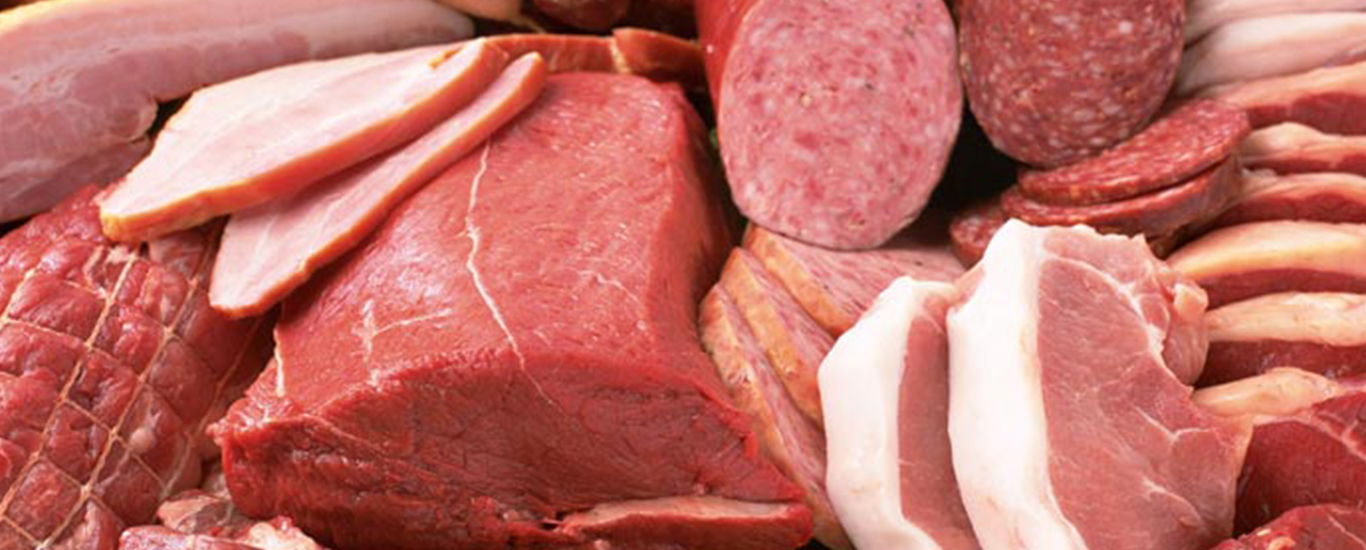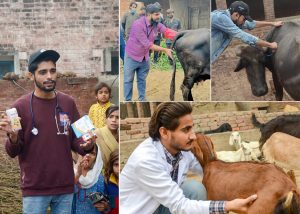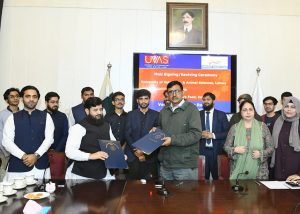
ISLAMABAD – Administration in the federal capital has no scientific mechanism for confirming that the meat being sold in the market was of halal animals, a Senate body was recently informed.
A meeting of the Senate Standing Committee on National Health Services was held here under the chairmanship of Senator Sajjad Hussain Turi to discuss the mechanism to be followed to control the quality of food in the city. However, it was revealed that the authorities controlling the supply and sale of the edibles in the city had no scientific mechanism of differentiating whether the meat was of a halal animal or a ‘donkey’.
Officials from Islamabad Capital Territory (ICT) Administration and Municipal Corporation Islamabad (MCI) told the committee that the genetic testing could confirm the animal meat, but the federal authorities had no such tool.
The Ministry of Food official Dr Ikram told the meeting that veterinary doctors could identify the meat by checking bones of the animal, but the federal city had no laboratory to test the same.
Senator Nauman Khattak remarked that the food authorities were unable to check boneless meat being sold in the market. He also said that mostly, meat including beef and poultry in the city was substandard and the district administration lacked the ability of taking action.
Senator Kulsoom Parveen remarked that the fish, vegetables and beverages being sold in the city were also unhygienic and the authorities had failed in checking food quality. “Five star restaurants are serving frozen food to customers, charging heavily from them,” she said.
The ICT official Hamza Shafqaat told the committee that there was no set up in the city for checking the meat quality and type. The genetic testing procedure is very expensive and the administration has no sufficient funds for the process, he said.
Chief Commissioner Zulfiqar Haider said that a slaughter house had been proposed in Sector I-11 and could be inaugurated by quick response of Capital Development Authority as it had identified the location. He further said that the 1960 Food Act was implemented in the city while the amended act was pending in the law ministry since 2015.
The new act after approval from the Parliament will form food authority to keep check on the supply and sale of edibles in the city, he said.
Meanwhile, the CDA official Alamgir Khan said that construction of the slaughter house was being delayed due to shortage of funds.
Senator Nauman Wazir said that the administration instead of running the slaughterhouse itself should privatise the same. The chair while expressing dissatisfaction on the quality of food being provided to the residents of the capital recommended early approval of the new food act by the Parliament. “Only establishing food authority is the solution of the problem,” said the chairman.
The Senate body also expressed displeasure over performance of the Drug Regularity Authority of Pakistan (DRAP) and said that the health ministry department had disappointed in four years. Chief Executive Officer (CEO) DRAP briefed the committee on the prices of cardiac stents available in the country.
Senator Kulsoom Parveen said that the DRAP had done nothing for improving medicine standards in the country. “Only blue-eyed companies are being registered and issued the license,” she said.
Snator Nauman remarked that there was a huge difference in cardiac stents being sold in Pakistan and neighbouring country, India. The CEO DRAP said that India along with importing cardiac stents was also manufacturing the same, making difference in the prices.
The committee recommended taking comprehensive report on the performance of DRAP in the next meeting.







